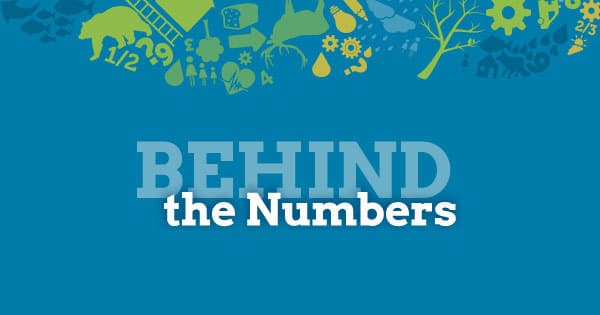Our content is fiercely open source and we never paywall our website. The support of our community makes this possible.
Make a donation of $35 or more and receive The Monitor magazine for one full year and a donation receipt for the full amount of your gift.
Well there you have it, we’re in recession! Dispute it, as Jason Kenney may, his own government laid down the definitional rules in its recent Federal Balanced Budget Act, which states: “recession” means a period of at least two consecutive quarters of negative growth in real gross domestic product for Canada, as reported by Statistics Canada under the Statistics Act. Today StatsCan reported that’s exactly where Canada’s economy is at.
Rather than use this moment to split hairs, I think it’s more important to acknowledge that this most recent recession is actually the least of Canada’s economic problems. Real GDP was lower in June than in December of last year. The economy is going in reverse, and while two quarters of negative growth is clearly a concerning economic indicator, it’s definitely not the only one, and our problems didn’t start yesterday.
Let’s focus on GDP for a moment. While this is the first recession we’ve had since 2009, growth has been weak for the past three years, as shown in Table 1. For comparison’s sake, strong real GDP growth would be 3% or more in a year—a rate most developed countries have, admittedly, not been able to reach since the 2008 crisis. But Canada’s projected rate for this year (1.1%) is very low even among comparable countries.
Table 1: Annual Economic Growth
| Year | Real GDP Growth (strong growth >= 3%) |
| 2012 | 1.0% |
| 2013 | 2.7% |
| 2014 | 2.5% |
| 2015 (projected) | 1.1% |
| 2016 (projected) | 2.3% |
Source: Cansim 380-0064, Bank of Canada (July 2015 Monetary Policy Report) and author’s calculations
The dramatic fall in oil prices tipped the scales into the negative this year, but annual growth was just as weak in 2012—it just wasn’t as concentrated in the first half of the year. This really isn’t just an oil recession. Manufacturing, which was supposed to benefit once oil stopped driving up our dollar, has also been hit hard.
I have a strong suspicion that whether GDP is down (or up) by an extra percentage point is neither here nor there for most Canadians, whose key interaction with the economy relates to jobs. Specifically, we are likely to ask: can I get a job, how secure is that job, and how well does it pay?
The proportion of Canadians who have a job today is no better than it was at the absolute worst point of the recession, in the summer of 2009 (Cansim 282-0087). The unemployment rate has fallen substantially since then, but it is not because more Canadians are finding work. Rather, it is because fewer people are looking, and if you’re not looking for a job, the stats don’t count you as being unemployed.
More telling is Canada’s employment rate, and we’ve seen little improvement in that measure since 2009. In fact, we have to go to back 2002, 13 years ago, to find employment rates this bad. (See here and here.) Furthermore, the jobs that Canadians are getting are increasingly of lower quality (part time, more precarious, and at lower pay).
Does the fact that we’re in recession mean we can finally focus on the non-recovery of the job market or the fact that jobs are far more precarious than they have been in years? I hope so. There is an election going on, after all, fought so far on which party will be the best economic manager. And the economy needs managing—badly.
It’s true that governments don’t control the price of oil, but that hardly absolves them of responsibility for this latest recession and job market weakness, particularly after years of slow growth. They have mechanisms to counter negative economic winds, the most obvious being government spending: cutting or expanding it can have a critical impact on the economy, especially when interest rates are so low. For instance, the $14 billion in austerity cuts to services implemented federally since 2010 have only made economic growth worse over that period, not better.
The federal government can do substantially more than it presently is to drive stronger economic growth now and in the future. We need politicians to detail their plan on putting people back to work, not bicker about the semantics of the recession.


